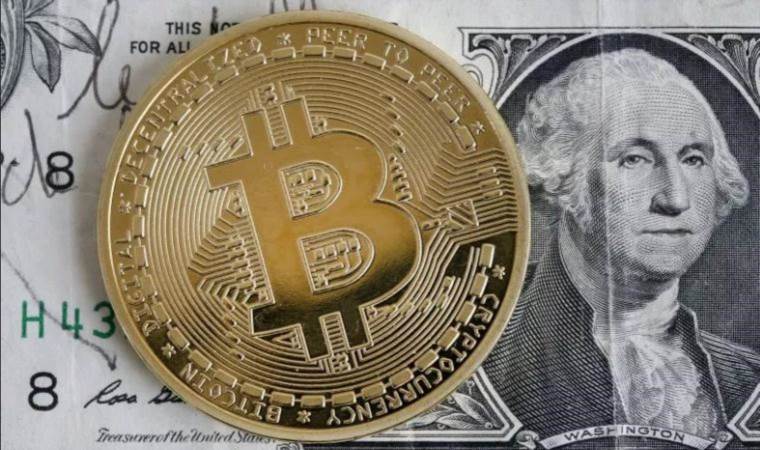Asian markets wobble amid yuan and US policy uncertainty
Asian stock markets faced challenges on Tuesday, grappling with mixed signals from U.S. monetary officials and fluctuations in the Chinese yuan. This uncertainty, compounded by the anticipation of upcoming U.S. inflation data on Friday, left investors cautious.

The yuan's instability, coupled with the possibility of Japan intervening to stabilize the yen, influenced the currency market, notably strengthening the dollar against the yuan amid speculations that China might accept a weaker currency.
The MSCI's broad index of Asia-Pacific shares outside Japan edged up by 0.3%, primarily driven by gains in South Korean chipmakers. However, overall market sentiment was mixed, with China and Hong Kong markets still reeling from the yuan's recent drop. Investors are on the lookout for signs of support for the property sector and clarity on whether the yuan's decline signals a change in policy.
In Japan, the Nikkei index remained stable, as did the yen, which was trading at 151.38 per dollar. Futures for the S&P 500 saw a modest increase of 0.1%, while European futures remained unchanged and FTSE futures dipped by 0.3%.
The market's direction is also being swayed by diverse opinions from Federal Reserve officials regarding the U.S. monetary policy's future, adding complexity to the policy outlook as investors await inflation data.
Fed officials have expressed varying viewpoints on interest rate adjustments, with Chicago Fed President Austan Goolsbee anticipating three rate cuts this year, contrasting with other officials who call for a more cautious approach. These differing perspectives highlight the Fed's internal debate on managing inflation and economic growth.
The yen remained stable amid ongoing speculation about potential Japanese intervention in currency markets, while the yuan faced downward pressure, raising questions about China's currency policy amid economic challenges.
As markets navigate these uncertainties, global investors are closely monitoring upcoming U.S. economic indicators, including manufacturing, services, and consumer confidence figures, along with core PCE data due at the week's end.
In the commodities market, gold and oil prices held steady, with gold at $2,172 an ounce and Brent crude slightly up at $86.82 a barrel. Meanwhile, Bitcoin maintained its position above $70,000 after a significant increase on Monday, reflecting the cryptocurrency's volatility amidst broader market fluctuations.
Most Read News
-
 No Future Without Industry: A Call for Production-Orient
No Future Without Industry: A Call for Production-Orient
-
 Israel’s Ben-Gvir ends US visit amid pro-Palestine prote
Israel’s Ben-Gvir ends US visit amid pro-Palestine prote
-
 Japan seeks collaboration to advance nuclear disarmament
Japan seeks collaboration to advance nuclear disarmament
-
 Major fire erupts at electrical substation in West Londo
Major fire erupts at electrical substation in West Londo
-
 Ukraine appoints new deputy defense ministers amid ongoi
Ukraine appoints new deputy defense ministers amid ongoi
-
 Malaysia urges all parties in Myanmar to continue ceasef
Malaysia urges all parties in Myanmar to continue ceasef
-
 German Social Democrats conclude key vote on coalition d
German Social Democrats conclude key vote on coalition d
-
 Canada's Liberal Party wins federal elections by over 43
Canada's Liberal Party wins federal elections by over 43
-
 At least 41 civilians killed, scores injured in RSF shel
At least 41 civilians killed, scores injured in RSF shel
-
 Israeli army arrests 22 Palestinians, demolishes 4 homes
Israeli army arrests 22 Palestinians, demolishes 4 homes














